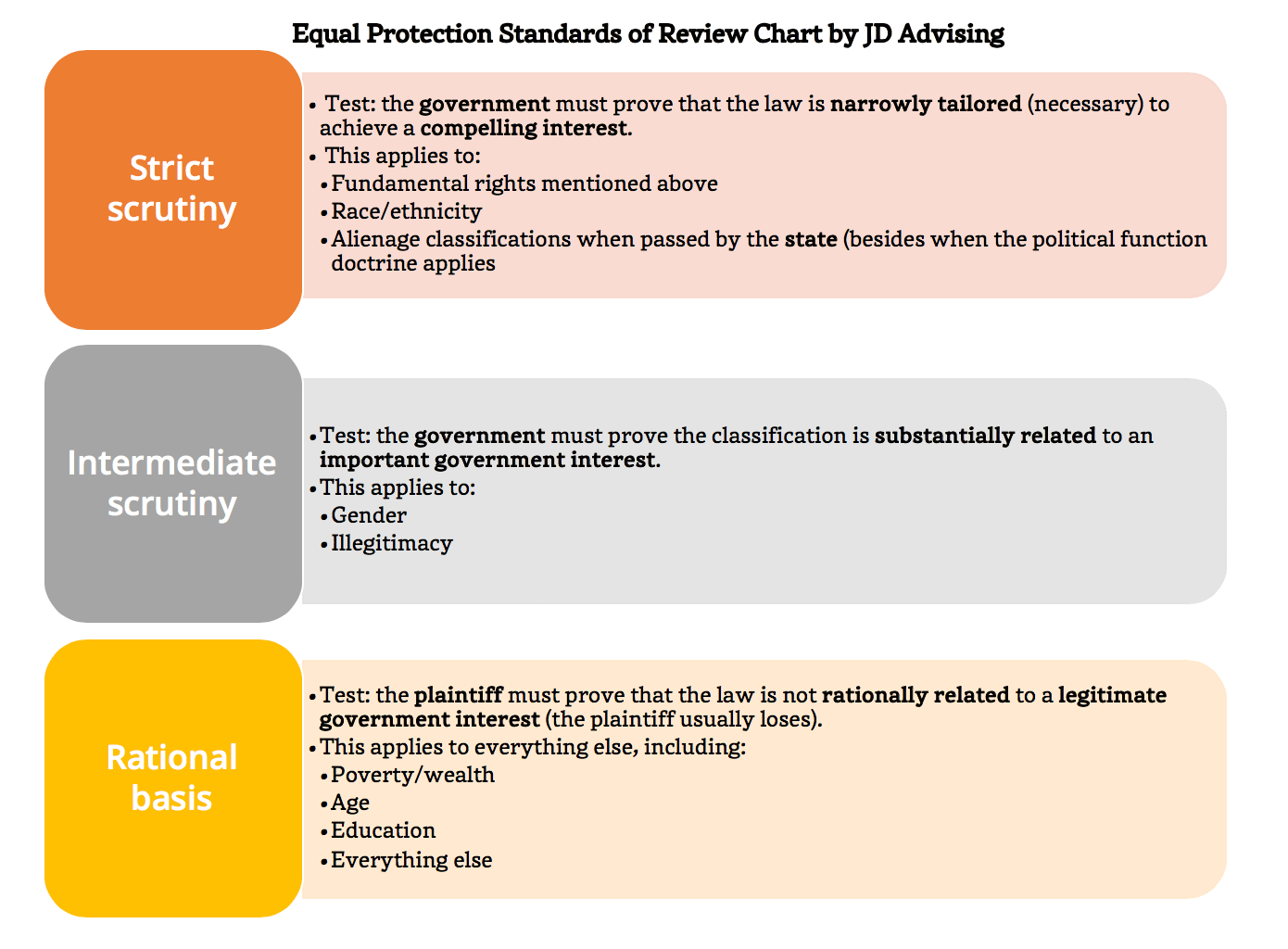
To meet this level of analysis, a challenger need only prove that the means employed by the governmental body are not rationally related to a legitimate government interest. "The Legend of Robert Halsey." Journal of child sexual abuse 9.3-4 (2002): 37-52. Also known as minimum scrutiny, the rational basis review is the most forgiving level of scrutiny. Cases identified as “false convictions” by defense lawyers and political activists deserve far greater scrutiny from the media and the public. The Legend of Robert Halsey provides a cautionary tale about how easy it is to wrap even the guiltiest person in a cloak of righteous “witch hunt” claims. The second part of this article analyzes how the erroneous “false conviction” narrative about Robert Halsey was constructed and how it gained widespread acceptance.

The credulous acceptance of the “false conviction” legend about Robert Halsey provides a case study in the techniques and tactics used to minimize and deny sexual abuse, while promoting a narrative about “ritual abuse” and “witch hunts” that apparently requires little or no factual basis. Even rational basis review, the most forgiving standard of constitutional scrutiny, nominally requires courts to. Applies to: Quasi-Suspect: Gender, illegitimacy. Fit between law and what it is trying to achieve is broader than strict. 2) The law must be substantially related to that interest. Here, any plausible and legitimate reason for the discrimination is sufficient to render.
RATIONAL SCRUTINY TRIAL
Based on a comprehensive examination of the trial transcript, this article details the overwhelming evidence of guilt against Mr. 1) The law must be justified by an important government interest. Most laws are assessed under so-called rational basis scrutiny. Halsey's name has been invoked by academics, journalists, and activists as the victim of the “witch hunt” in this country over child sexual abuse. Rational criticism of this kind apparently presupposes that there are objective reasons and values, providing standards for assessment of ends that are independent from psychological facts about what people happen to be motivated to pursue. Häyry’s point is that such a state of affairs is not necessarily due to a lack of reason because there are many, equally valid, ways of being reasonable.This article examines the criminal conviction of Robert Halsey for sexually abusing two young boys on his school-van route near Pittsfield, Massachusetts. The instrumental principle makes no assumptions about the prospects for rational scrutiny of peoples’ ends. In debates about the ethics of using new biotechnologies to genetically modify human beings, the normal state is one of fundamental disagreement over almost all of the anticipated uses to which the technology could be put. It is aimed at correcting the belief that “only one rationality exists or one morality exists that those that disagree are unreasonable or evil.” Häyry argues that there are multiple rationalities, and that even though ethical issues may have solutions within individual rationalities, disagreements that have their root in separate rational approaches cannot be universally solved by intellectual arguments. Matti Häyry’s new book Rationality and the Genetic Challenge discusses the ethics of human genetic modification and the bioethical rationalities that inform the different ethical conclusions authors have advanced. Rational basis review tests whether the governments actions are rationally related to a legitimate government interest.


 0 kommentar(er)
0 kommentar(er)
